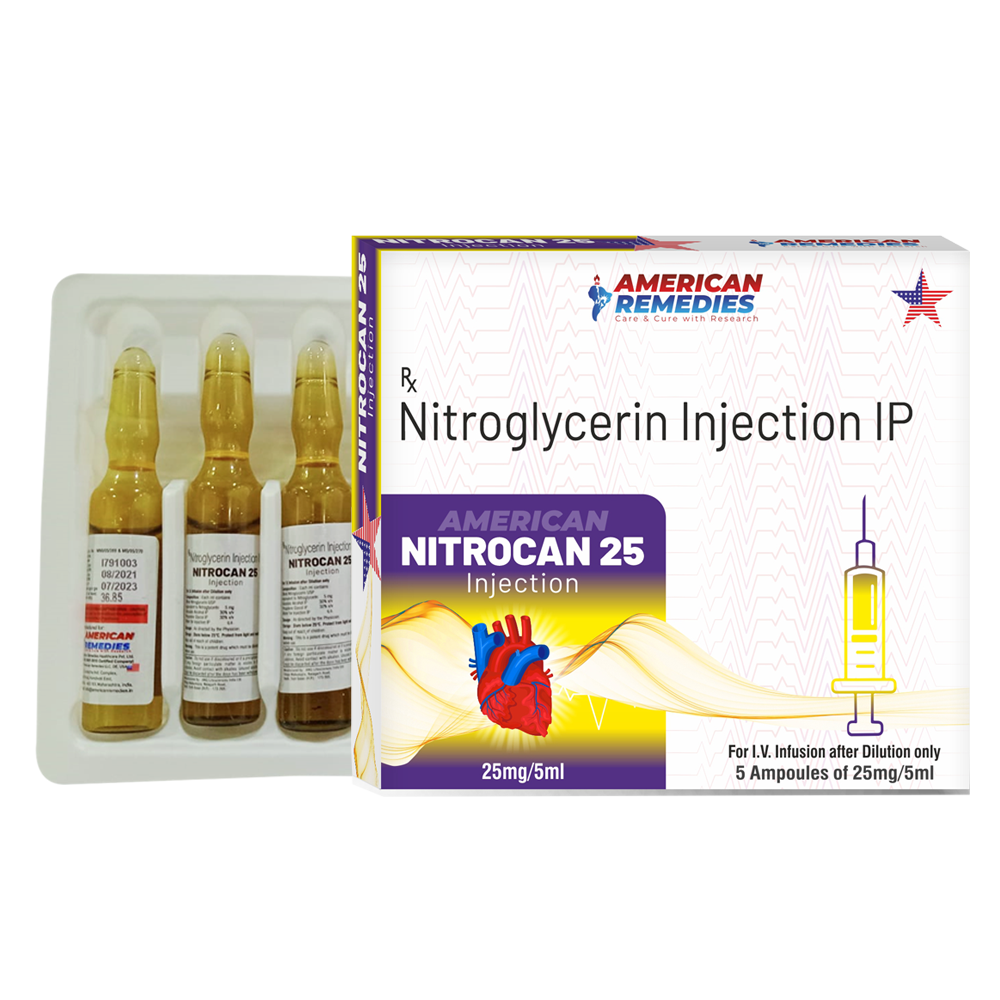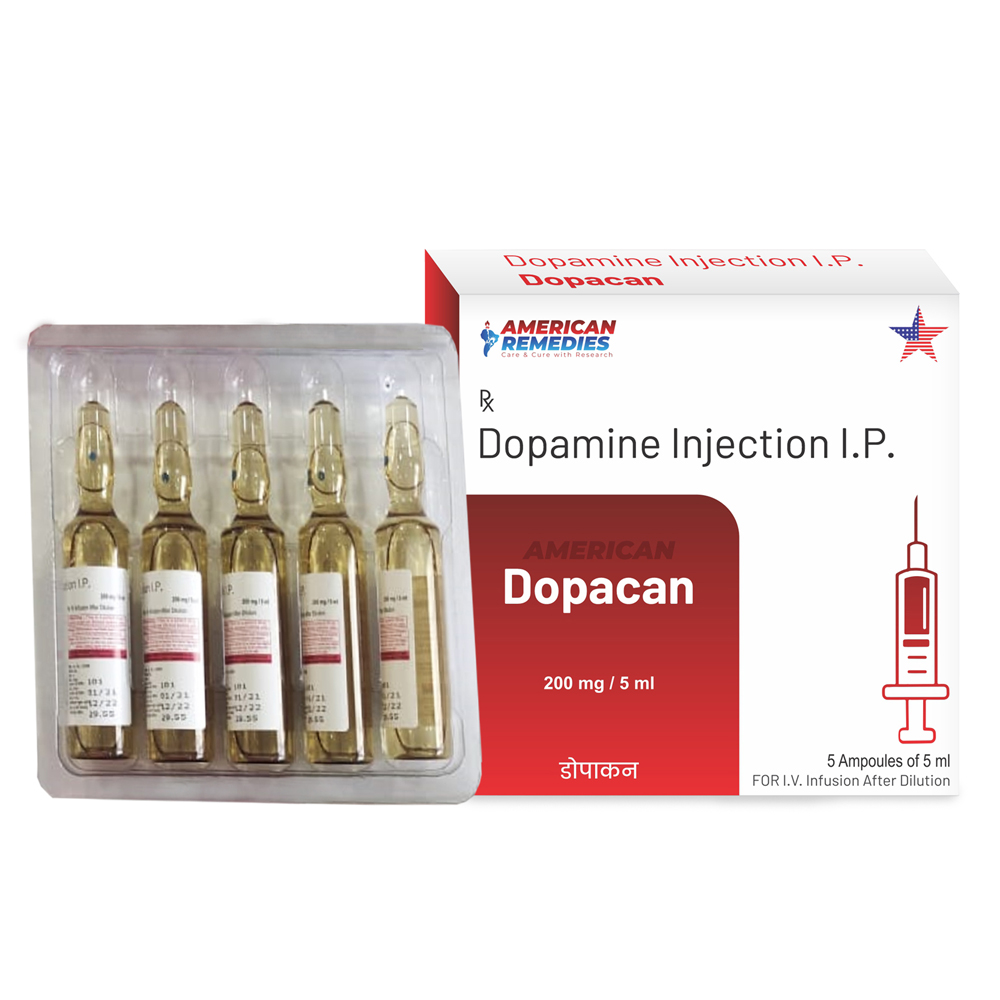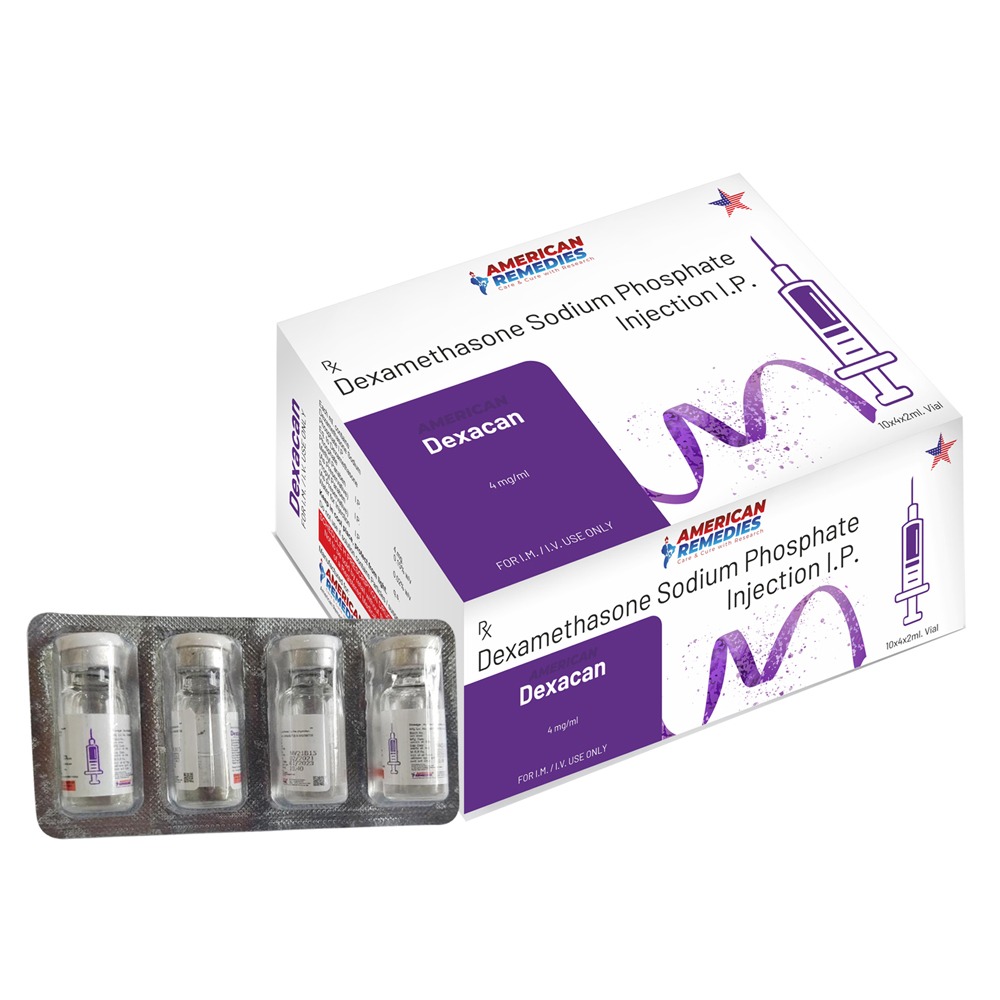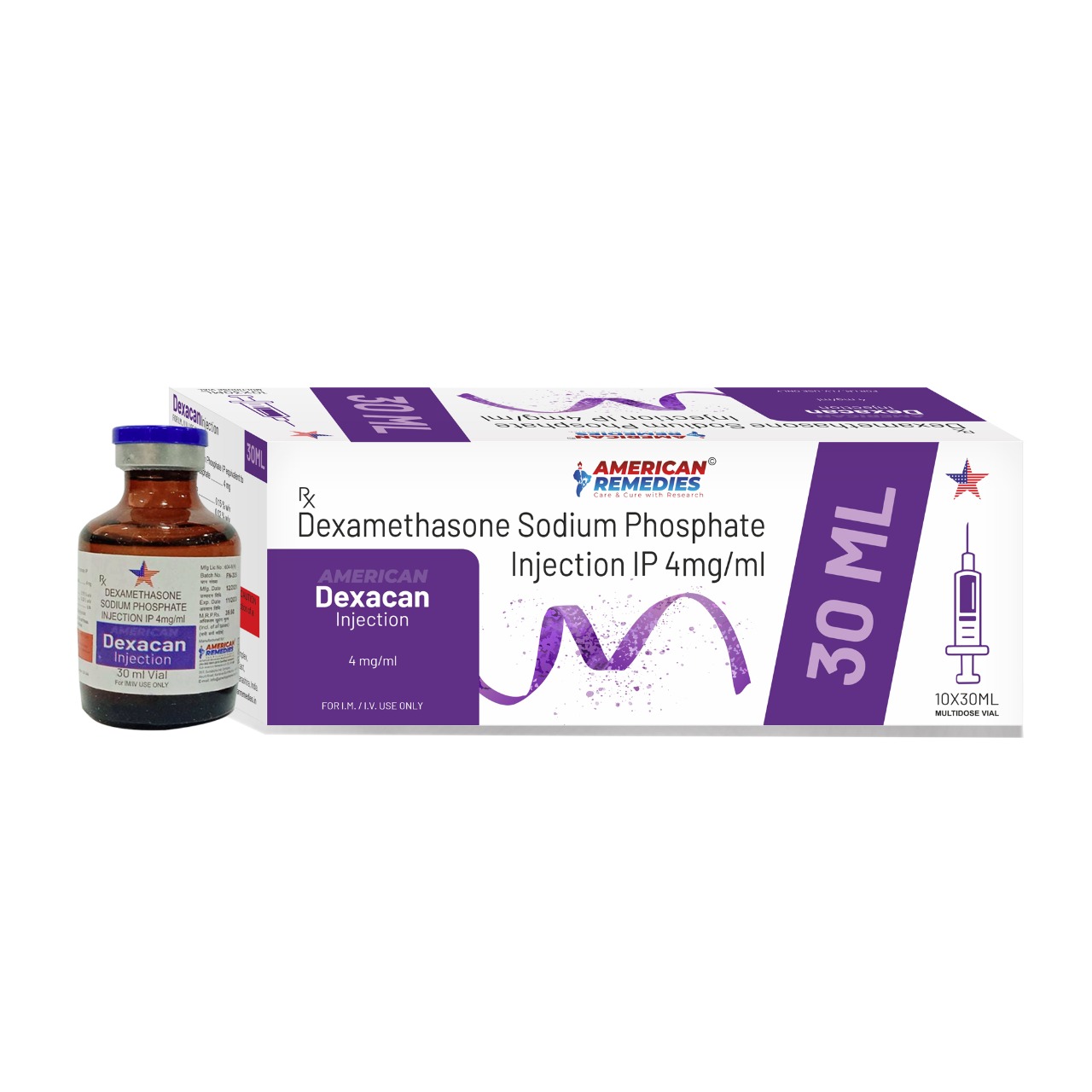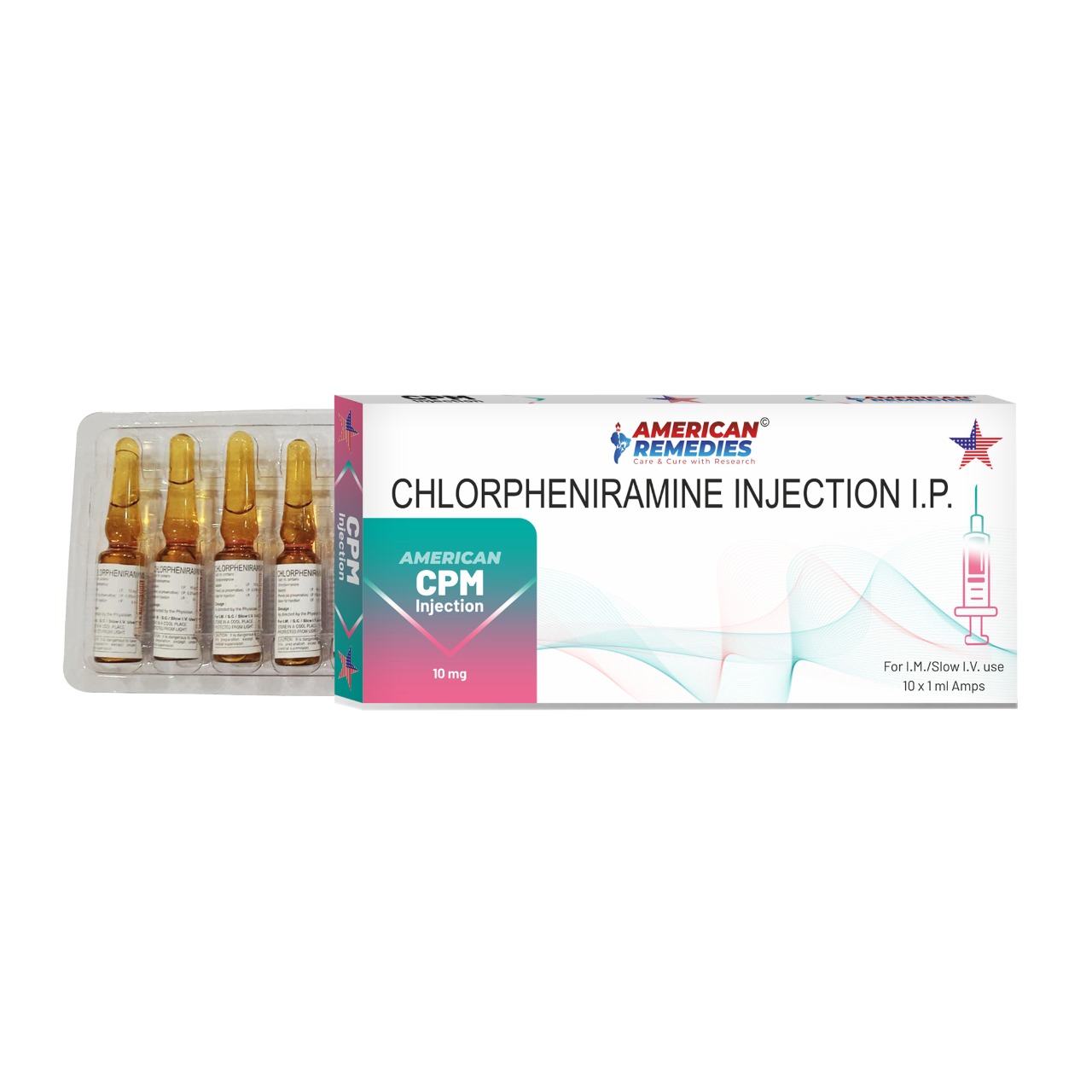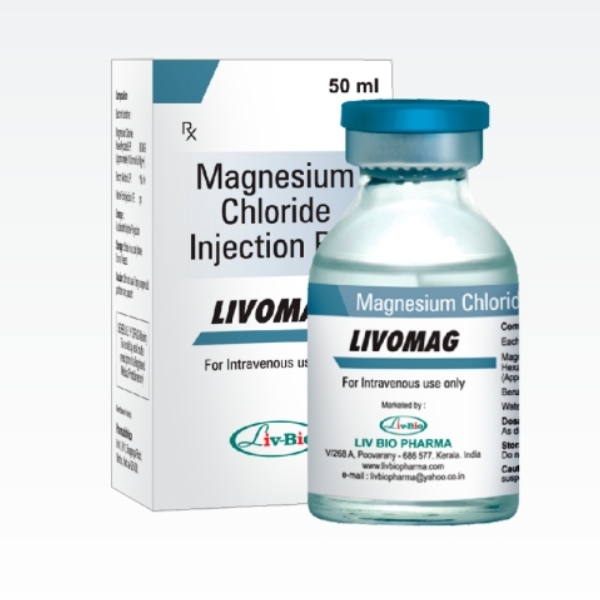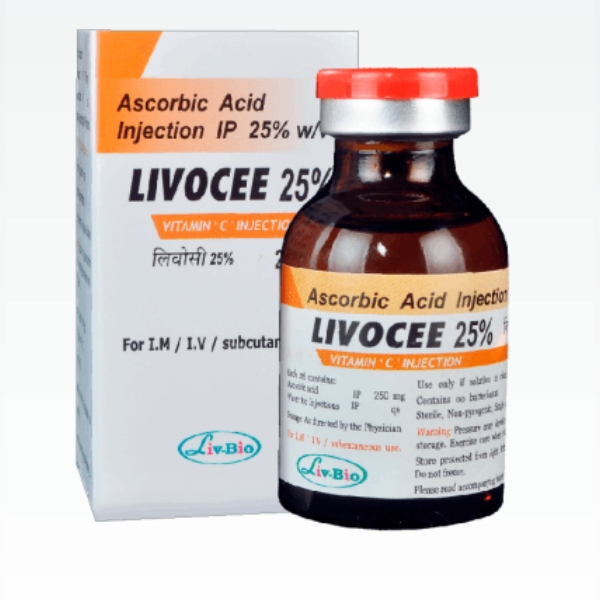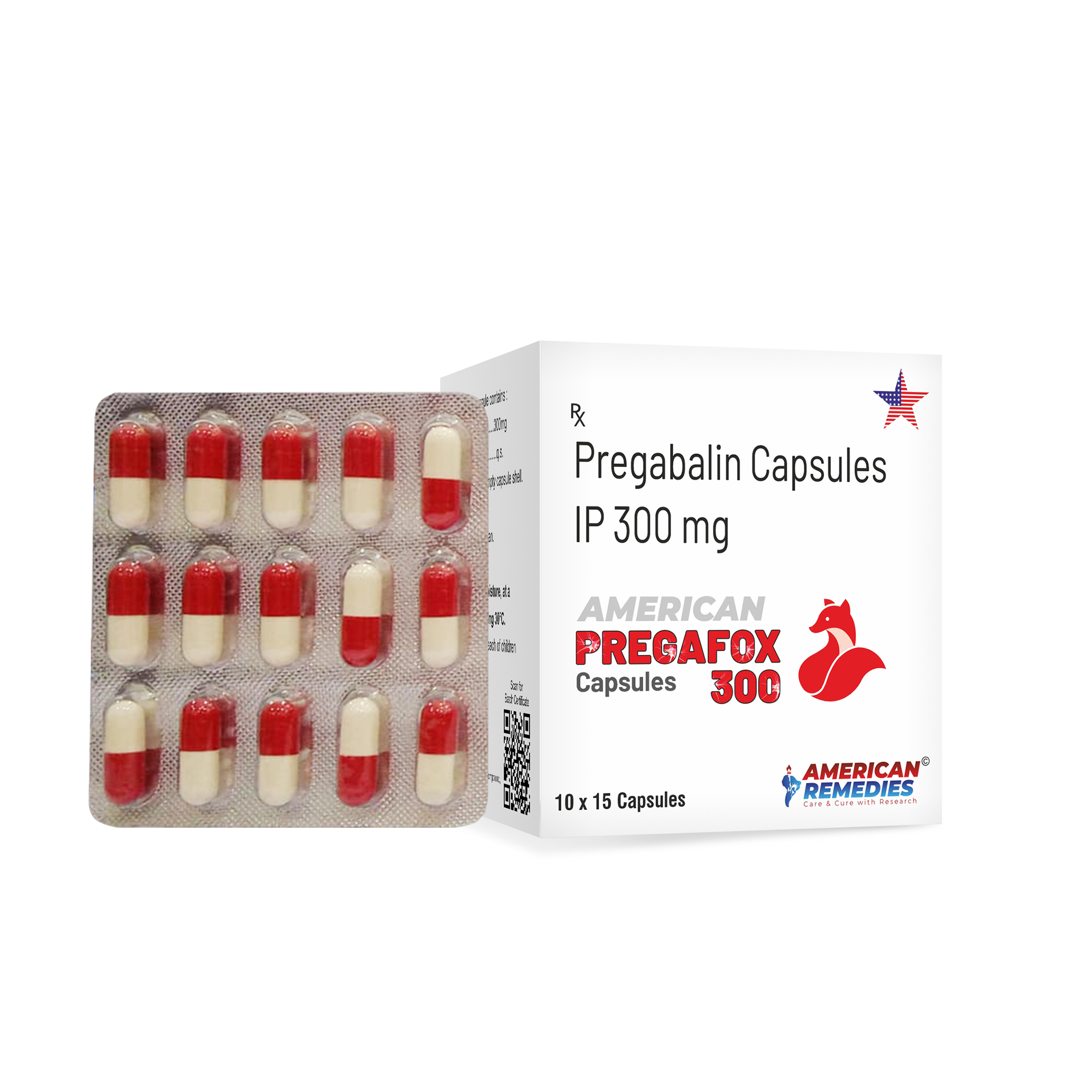Nitrocan 25 Injection is a brand of Nitroglycerin Injection 25 mg/5 mL, manufactured by American Remedies. It is primarily used in hospital settings for the management of certain cardiovascular conditions. ________________________________________ ✅ Primary Uses Nitrocan 25 Injection is indicated for: • Angina Pectoris: To treat and prevent chest pain caused by reduced blood flow to the heart. • Acute Myocardial Infarction (Heart Attack): To alleviate chest pain and improve blood flow to the heart muscle. Hypertension During Surgery: To control high blood pressure during and after surgical procedures. • Congestive Heart Failure: To reduce the workload on the heart and improve symptoms. ________________________________________ ⚙️ Mechanism of Action Nitroglycerin is a nitrate that, once administered, is converted into nitric oxide in the body. This leads to the relaxation and dilation of blood vessels, improving blood flow and reducing the heart's workload. ________________________________________ ⚠️ Precautions • Contraindications: Should not be used in patients with severe anemia, hypotension, or those taking medications for erectile dysfunction (e.g., sildenafil, tadalafil) due to the risk of a significant drop in blood pressure. • Monitoring: Requires careful monitoring of blood pressure and heart rate during administration. • Administration: Administered intravenously under medical supervision; dosage and duration are determined by the healthcare provider. ________________________________________ 💊 Common Side Effects • Headache • Dizziness or lightheadedness • Hypotension (low blood pressure) • Nausea or vomiting • Flushing
Send Message